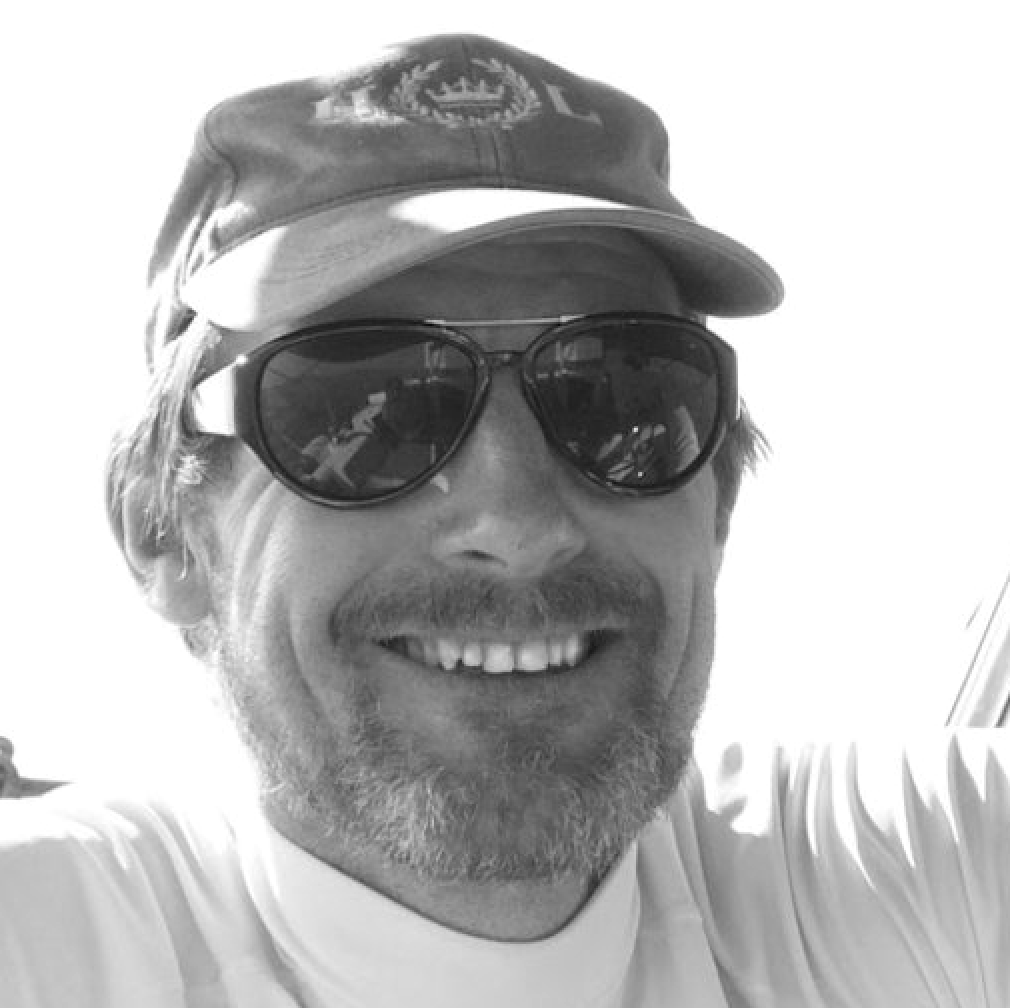
Prof. Bramley J. Murton, Associate Head of Marine Geosciences at the UK's National Oceanography Centre (NOC), stands as a leading authority in the field of deep-sea mineral exploration. With over three decades of experience, Murton has been instrumental in advancing our understanding of the geological processes that govern the formation of mineral deposits on the ocean floor.
Murton's academic journey began with a Bachelor of Science in Geology from the University of Edinburgh in 1982, followed by a Ph.D. from the Open University in 1986, where he studied under the guidance of Prof. Ian Gass FRS. His early career included positions as a research fellow at the Open University and a senior research fellow at the University of Durham.
In 1995, he joined the Southampton Oceanography Centre, which later became part of the NOC, where he has since led numerous research initiatives focused on the evolution of oceanic crust and the genesis of mineral deposits.
At the NOC, Murton leads the Marine Mineral Research team, employing a multidisciplinary approach that combines geology, geochemistry, and advanced marine technologies. His work has been pivotal in projects such as MarineE-tech and Blue Mining, which aim to assess the potential of deep-sea mineral resources while addressing environmental and technological challenges.
Notably, Murton spearheaded Project ULTRA, a collaborative effort involving expeditions aboard the RRS James Cook to investigate metallic sulphide deposits in ultramafic rocks along the Mid-Atlantic Ridge. Murton's research has significantly contributed to the scientific community's understanding of hydrothermal systems and their associated mineral deposits.
His studies on extinct seafloor massive sulphide (eSMS) deposits have revealed that these formations may contain substantially more sulphide at depth than previously estimated, posing both opportunities and challenges for future mining endeavors. Additionally, his work on sediment plume dynamics has informed best practices for minimizing environmental impacts during deep-sea mining operations.
His leadership in integrating geological expertise with cutting-edge technology positions him at the forefront of efforts to responsibly harness the ocean's mineral wealth.



